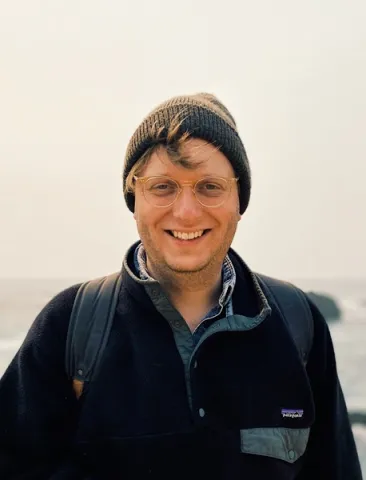About the project
The loss of oxygen from seawater (ocean deoxygenation) is one of the key threats to marine ecosystems as Earth heats up in response to human activity. We will use the geological past to study past global warming events and their links to ocean deoxygenation (oceanic anoxic events) and marine extinction
Earth’s oceans are warming and losing dissolved oxygen due to human activity. Ocean warming and deoxygenation (anoxic) events are relatively common in the geological record, and these ancient climate perturbations were often linked to marine extinctions. By combining geochemical and fossil data with climate and ocean modelling approaches, we will study the magnitude and rate of warming, the ocean oxygenation response, the impact on marine ecosystems and mechanistic forcing of extinction/survival.
Earth system models of intermediate complexity allow us to analyse these past events in a way similar to the approach taken to predict future response to human-driven change. We will combine these computer models of ancient oceans with reconstructions from the fossil and geochemical records to better understand the impacts of major warming events through Earth history. We will study key intervals of geologic time where ancient climate change is thought to have impacted marine environments and ecosystems (e.g. Cretaceous oceanic anoxic events, the Permian-Triassic, the Triassic-Jurassic, and/or other events that interest you). This project is designed to be open to students with a range of research interests linked to quantitative reconstructions of ancient climate change responses. There is scope for this research to progress in a number of different directions depending on the research questions you develop with your supervisory team, and training will be designed accordingly.
Training
The INSPIRE DTP programme provides comprehensive personal and professional development training alongside extensive opportunities for students to expand their multi-disciplinary outlook through interactions with a wide network of academic, research and industrial/policy partners. The student will be registered at the University of Southampton and hosted in the School of Ocean and Earth Science. Specific training will include:
- Intermediate complexity Earth system modelling (e.g. cGENIE, PLASIM-cGENIE, SCION)
- Data processing and data visualization
- High performance computing (using IRIDIS 5 at UoS)
Depending on research direction, training could include:
- Quantitative palaeobiology
- Sedimentary geochemistry (e.g. iron speciation, trace metal paleoredox proxies, stable isotopes)
- Geological and/or palaeobiological fieldwork
- Museum/core repository collections sampling
- Machine learning and statistical learning approaches to data analysis
- Ecological modelling
- Biogeochemical/oceanographic model development
- Stratigraphic age modelling
